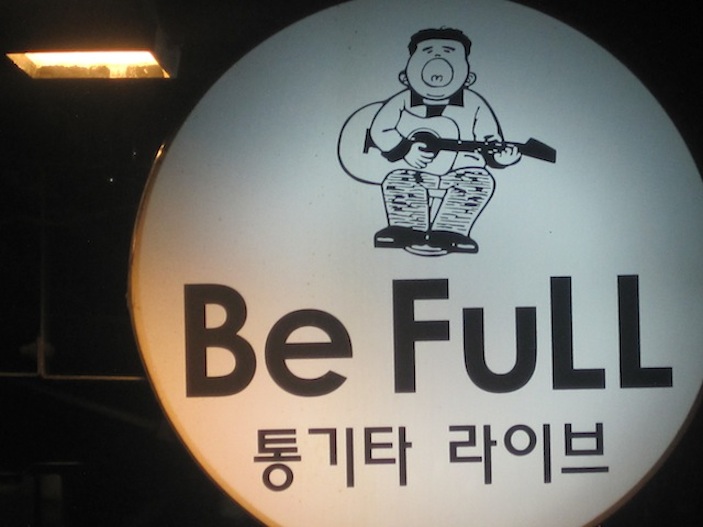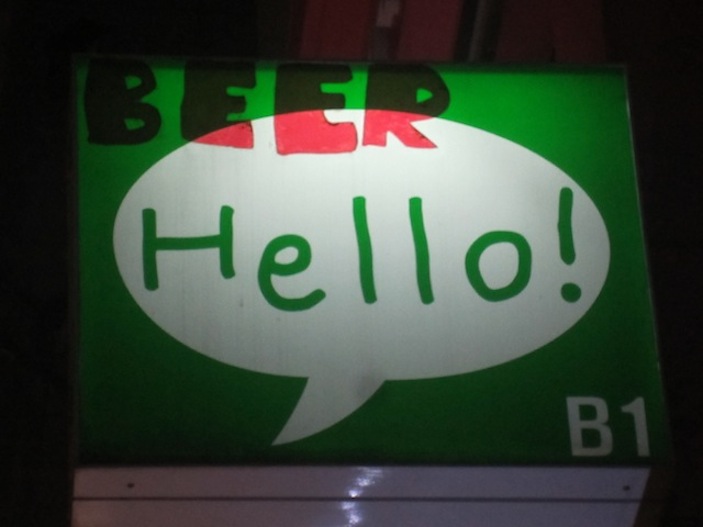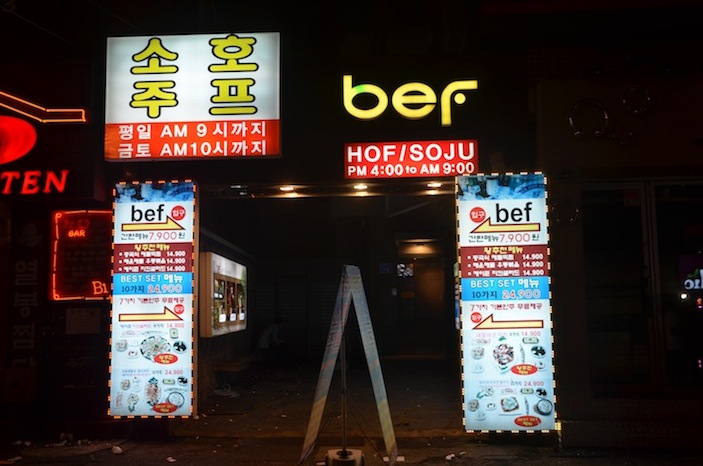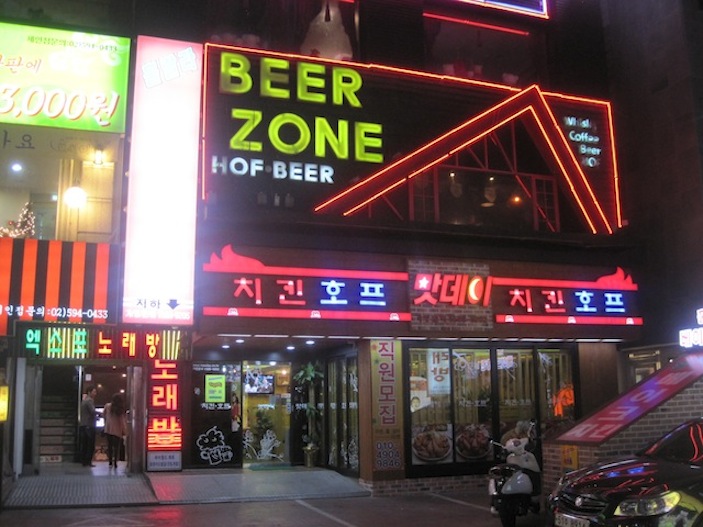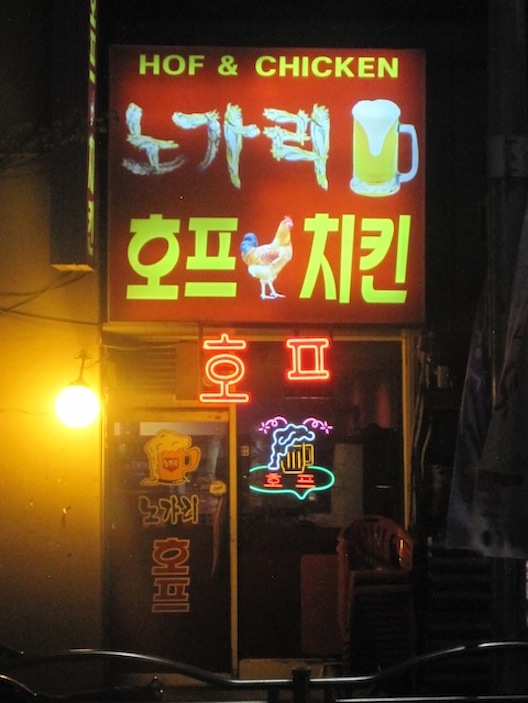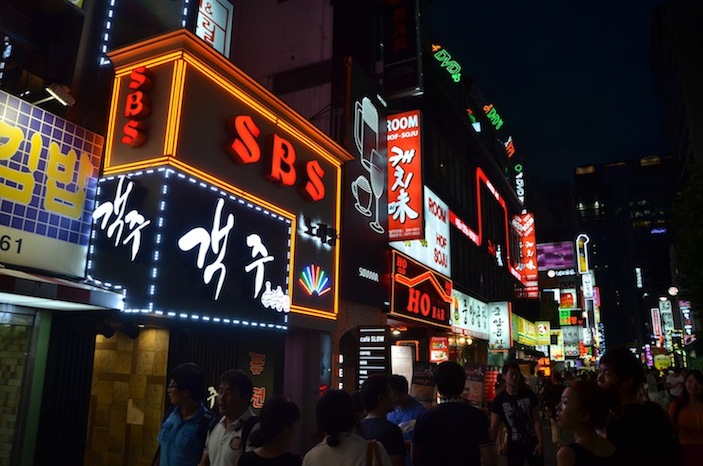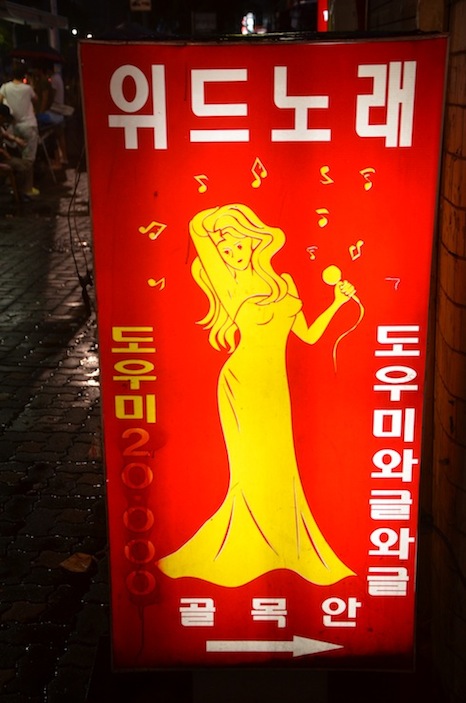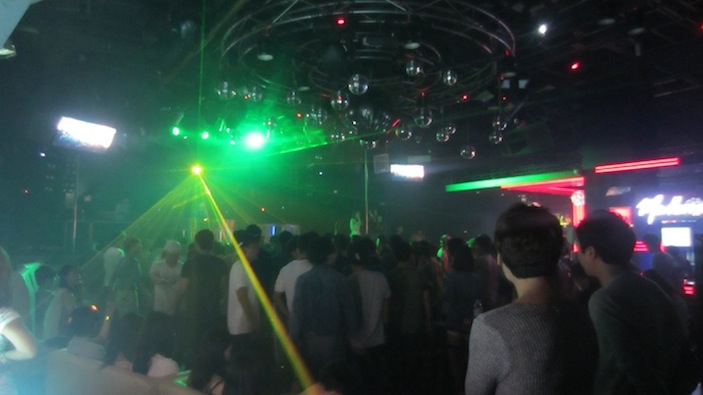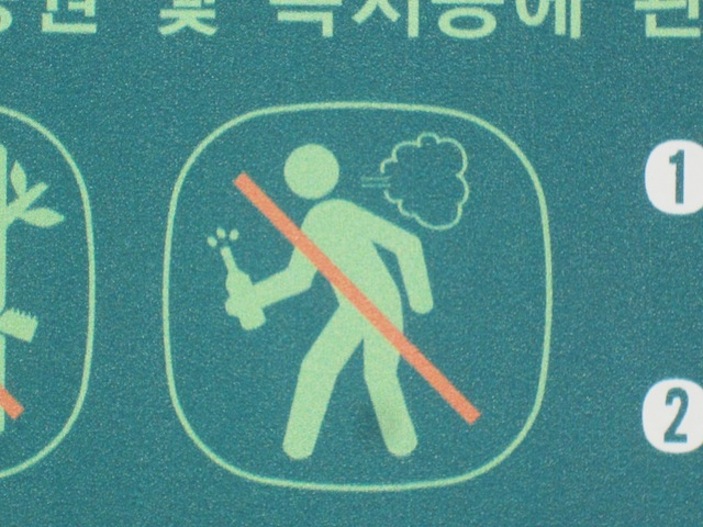Five Steps for Drinking With Koreans
If you’ve ever so much as hung out with a Korean person, you know that they can match drinks with anyone. I didn’t even have to go to Korea to first learn this, as I got plenty of education even in the U.S. on what the phrase “Johnnie Black” means to Koreans. We gave you some advice for drinking with the Chinese, and since each culture in Asia has its own strict drinking rules, we thought we’d do the same in case you find yourself drinking with Koreans.
Without further adieu, here are your five steps to drinking with Koreans:
- Never, ever, under any circumstances pour your own drink: Just as you are supposed to be looking out for those around you to make sure their glasses are never empty (please, re-fill them if they are), they will be doing the same thing for you. Play along.
- Use two hands: When someone does pour your drink, hold your cup with both hands. This rule actually applies to anything given to you in Korea, and while you will probably be given a pass if you don’t do this out of unintentional ignorance, better to impress your hosts.
- Turn your back: I’m not sure that I agree with it, but Korea is still an incredibly hierarchical society. When drinking with someone who is considered a superior—a boss, older person, etc.—you should drink while turning your back from them when you take your sip.
- Eat when you can: Very rarely do Koreans drink with only one type of alcohol, and it can be considered rude to turn down a drink (also not sure I agree with this). Generally speaking, a night out will involve the traditional Korean vodka-like beverage of soju with dinner, beer with tasty Korean snacks like fried chicken at the next stop (hint: this is where you may want to load up—on food), a stop at another place for more beer, a trip to a karaoke place where you may end up drinking anything, and finally a trip to a club, where you also may be drinking anything. Food won’t be available everywhere, so to soak up your mixed liquor, eat when you can, even if this requires a quick stop by one of the delicious street food vendors selling tasty treats like ddokpoki in between venues.
- Selective amnesia: Depending how many people you’re out with, someone is going to drink too much. On a good day, this will just mean that he or she passes out at the table you are drinking at, in which case you will just see to it that he or she gets into a taxi safely. On a bad day, this will turn into a meaningless fight for no reason at all. Either way, this isn’t necessarily considered shameful in Korea, since it is expected to happen to the best of them at times, and simply means you’re making a noble effort to keep your drinking skills up. But when it does, a true gentleman will never mention it again. You’ll hope someone extends you the same courtesy when it’s you who is sprawled out on the floor of a Korean bar.
.jpg)
